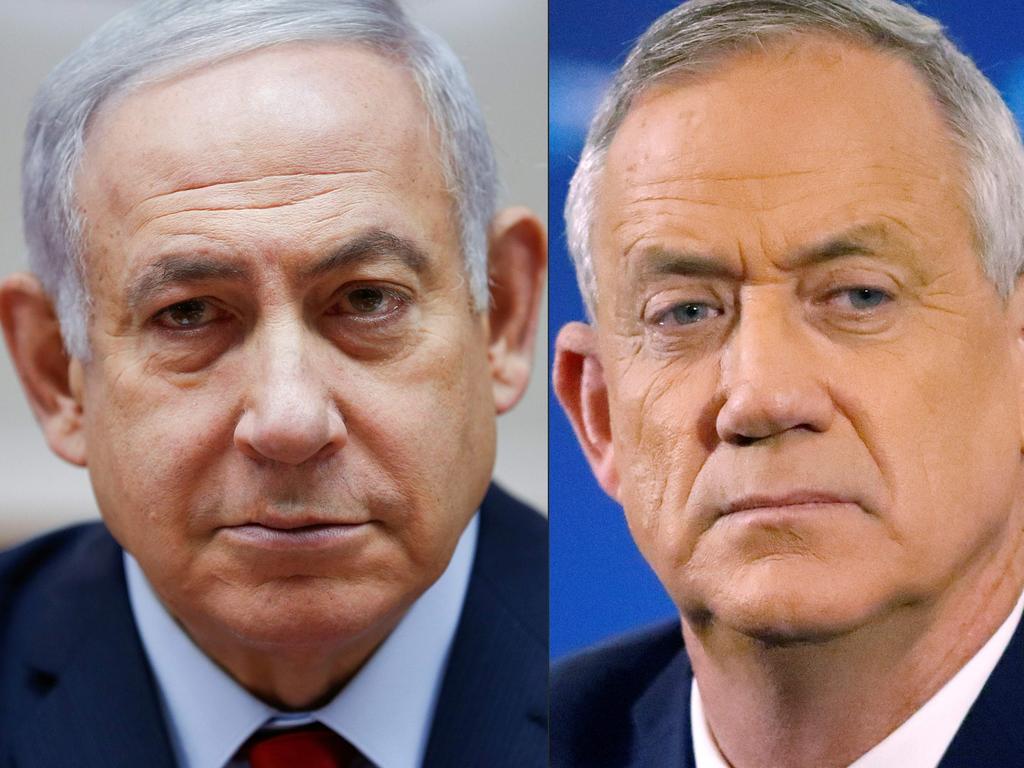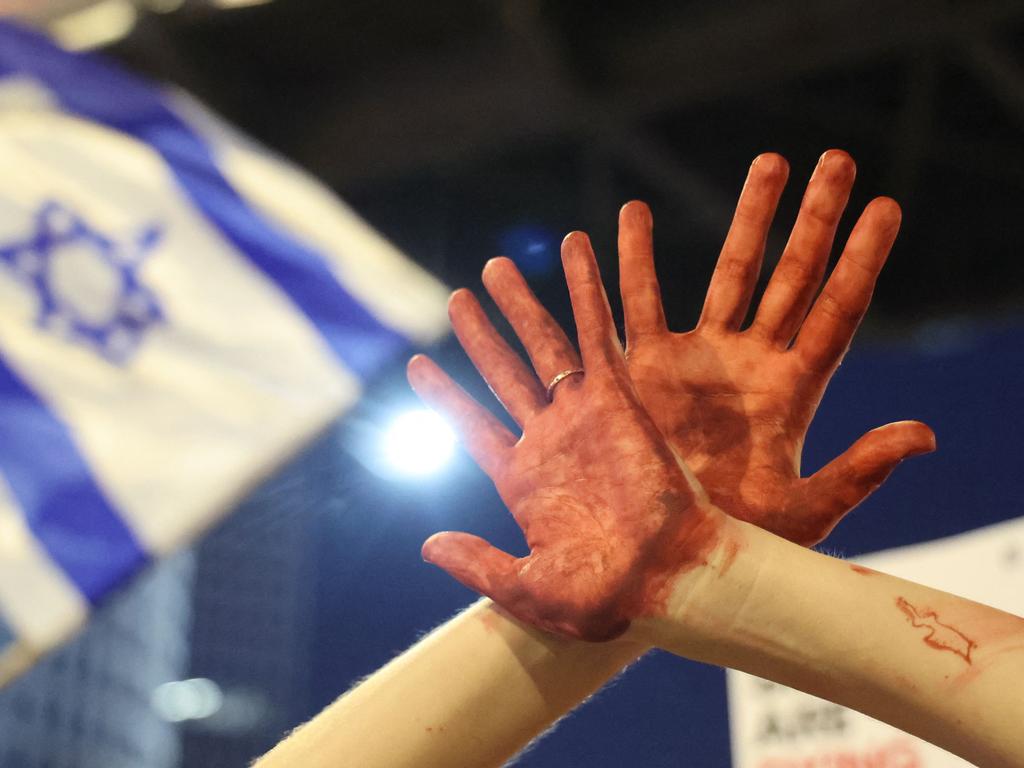Hamas hardens stance on US backed ceasefire proposal
Hamas added demands for Israeli withdrawal after the IDF rescued four hostages held by the group in central Gaza over the weekend.
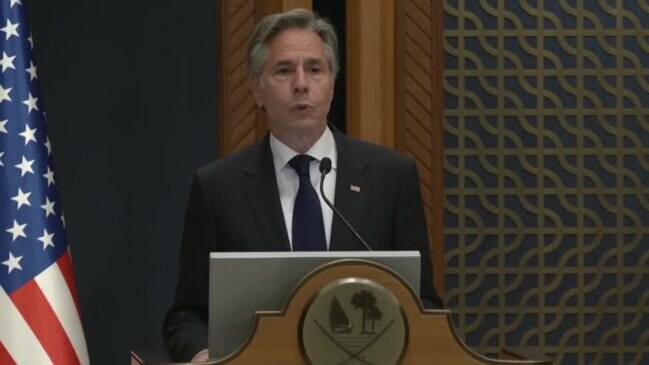
Hamas has toughened its position on a Gaza ceasefire proposal with Israel that has faced intransigence from both sides despite heavy U.S. lobbying, including by President Biden, to end an eight-month war that has destabilised the Middle East.
Hamas leaders have told Arab mediators that they want Israeli forces to withdraw from territory alongside Egypt by the end of the first week after a deal is signed, and to completely withdraw from Gaza and announce a permanent ceasefire before the group releases additional hostages in a second phase.
Hamas added those demands, the mediators said, after the Israeli military rescued four hostages held by the group in central Gaza in an operation on Saturday that resulted in scores of Palestinian casualties.
Secretary of State Antony Blinken, who is crisscrossing the Middle East this week to promote Biden’s proposal, said Wednesday that the U.S. is now consulting with other proponents of the peace plan over what to do about Hamas’s new demands.
“All I can tell you having gone over this with our colleagues is that we believe that some of the requested changes are workable and some are not, ” Blinken said after a meeting in Doha with Qatari officials, who with Egyptian counterparts have helped mediate talks for months. “And so we have to see on an urgent basis over the course of the coming days, whether those gaps are bridgeable,” he said.
The comments were Blinken’s first reaction to Hamas’s response to the U.S.-promoted plan, which he received Tuesday night during a stop in Amman, Jordan, after it was conveyed to his aides by Egyptian intelligence chief Abbas Kamel.
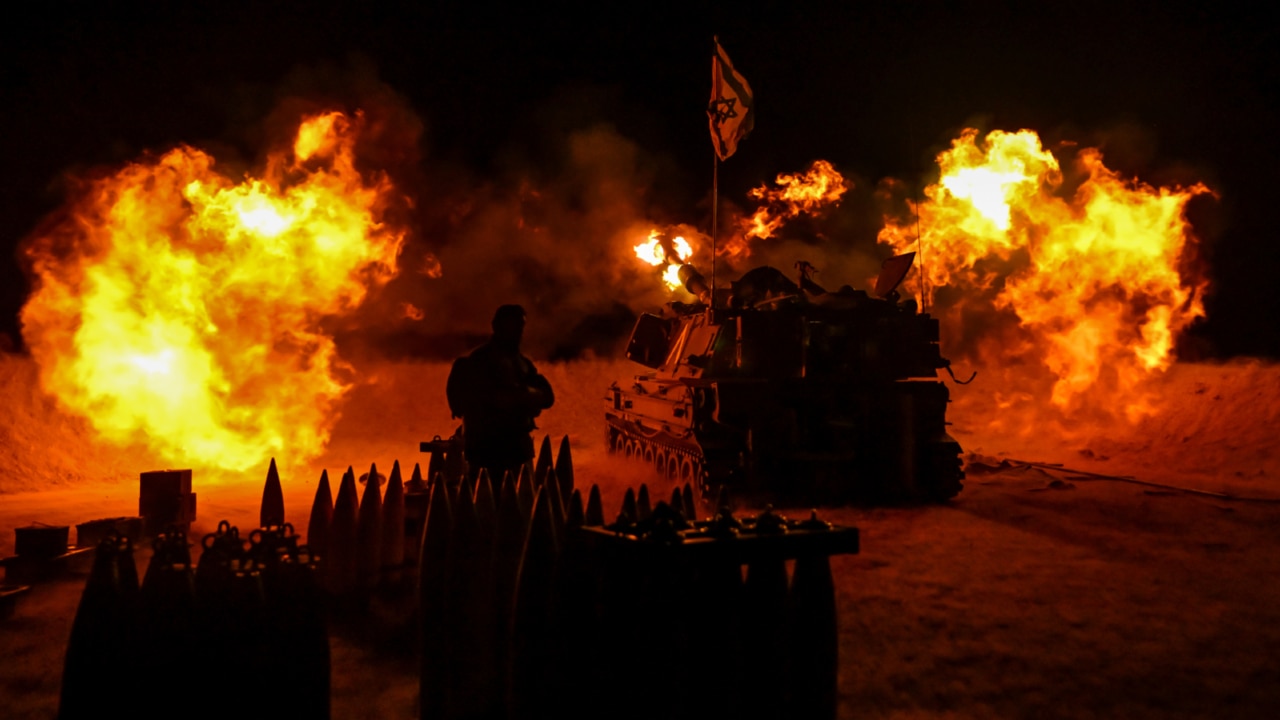
Arab mediators said they received an initial response from Hamas on Thursday that included demands for Israel to initially withdraw from the strip of land between Gaza and Egypt called the Philadelphi Corridor and the Rafah crossing into Egypt’s Sinai Desert. Israel says Hamas uses those border zones to smuggle weapons and other goods into Gaza.
Over the next 48 hours, mediators tried to persuade the group to soften its demands. But Hamas’s position only hardened after Saturday’s hostage-rescue operation.
The operation was backed by the U.S. military, which provided intelligence and other support, an American official said. In response to that revelation, Hamas revived another demand: for China, Russia and Turkey to be guarantors of any deal along with the U.S., Egypt and Qatar.
Palestinian health authorities said 274 Gazans were killed during the Israeli rescue operation and almost 700 injured from air strikes, shelling and gunfire. The Israeli military said most of the dead were militants.
Israel says that 116 people who were abducted in the Oct. 7 Hamas-led attacks that sparked the war in Gaza remain captive, including dozens who were killed that day and taken to Gaza or subsequently died in the enclave.
As part of a ceasefire deal to release those hostages, Hamas has demanded the release of Palestinians held in Israeli jails. One of the militant group’s new demands Tuesday was that Israel shouldn’t be allowed to veto any names of prisoners proposed by Hamas to be released, according to Arab mediators who received the Hamas response.
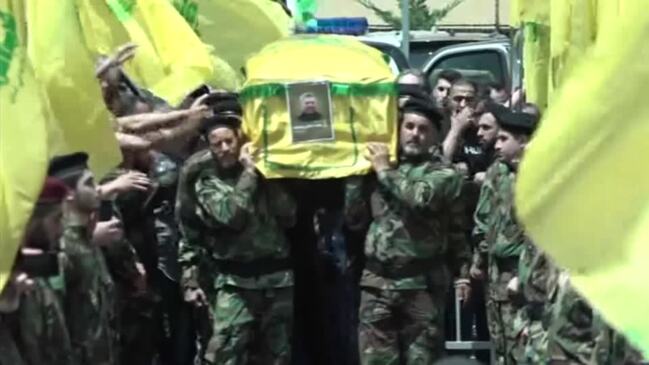
Hamas said that would include Marwan Barghouti, a Palestinian politician who was jailed for his involvement in the deaths of Israelis in the early 2000s and is often discussed as a potential leader of the Palestinian national cause.
Blinken upbraided the group’s leadership for waiting 12 days to respond to Biden’s peace proposal, saying “the longer this continues, the greater the suffering will be.” Blinken again accused Hamas of being the main hindrance to a deal, and suggested the group was complicating talks by shifting some of its positions. He declined to give specifics on the changes sought by Hamas.
“At some point in negotiations – and this has gone back and forth for a long time – you get to a point where one side continues to change its demands, including making demands and insisting on changes for things that had already been accepted,” Blinken said. “You have to question whether they’re proceeding in good faith.” Biden last month outlined a three-phase ceasefire plan that has become the basis for recent talks about a halt to fighting. His proposal calls for a complete ceasefire over six weeks, a withdrawal of Israeli forces from populated areas of Gaza and the release of some hostages held by Hamas. The second phase would see a permanent end to the hostilities, a full Israeli withdrawal from Gaza and the release of remaining hostages. Phase three would involve a plan for the reconstruction of Gaza.
The United Nations Security Council adopted a resolution on Monday calling on Hamas to accept the U.S.-backed ceasefire deal.
Israeli Prime Minister Benjamin Netanyahu has said that Israel would only negotiate a permanent end to the war in a later phase of a ceasefire, when Israel would force Hamas to give up its military and governance capabilities.
Far-right members of Netanyahu’s coalition have threatened to leave the government if Israel accepts a deal that halts the war. The departures could collapse the prime minister’s coalition and lead to his ouster.
The lack of progress in the monthslong process of negotiations has sparked despair among the families of Israeli hostages and Palestinians stuck in Gaza.
Lina Fawwaz, 37, a mother of two living in Gaza City, said she is very frustrated. “I don’t care about prisoners, or about lifting the siege,” she said, “I just want this bloodshed to stop, because our lives were destroyed already.” Meanwhile, violence flared on Israel’s northern border with Lebanon, where a lower-intensity conflict with Hezbollah has raged since Oct. 7.
Fighting has escalated between Hezbollah and Israel in recent weeks. Rockets and drones fired by Hezbollah into Israel have kept 60,000 Israelis from returning to their homes after they were evacuated near the border early in the war.
Hezbollah fired a barrage of rockets at Israel on Wednesday after an Israeli strike in southern Lebanon on Tuesday killed commander Taleb Sami Abdullah, one of the most senior members of the Iranian-backed militia to be killed in the past eight months.
Hezbollah said its strikes had injured some civilians. The Israeli military said Wednesday that about 215 projectiles were fired from Lebanon at towns in northern Israel, causing fires but no initial casualties. Israel, reluctant to open a second front, says it has been trying to calibrate its actions to avoid sparking a full-scale war.
Netanyahu was planning to hold a security assessment with his advisers on Wednesday night “in light of the developments in the north, and Hamas’s negative response regarding the release of the hostages,” his office said.
Hezbollah has said its attacks are in support of the Palestinians and that it won’t stop until Israel ceases its war in Gaza. More than 37,000 Palestinians have been killed in Gaza since the start of the war, most of them civilians, according to Palestinian health authorities. The figure doesn’t specify how many were combatants. Hamas-led militants on Oct. 7 killed 1,200 people in Israel, also mainly civilians, according to Israeli authorities.
A United Nations commission investigating the Oct. 7 attacks on Israel and the conflict in Gaza in a report issued Wednesday accused both Israel and Hamas of committing war crimes. Hamas and Israel didn’t respond to requests for comment.
–Stephen Kalin, Adam Chamseddine, Abeer Ayyoub, Saleh al-Batati and Carrie Keller-Lynn contributed to this article.
Write to Summer Said at summer.said@wsj.com, Rory Jones at Rory.Jones@wsj.com and Alan Cullison at alan.cullison@wsj.com (END) Dow Jones Newswires June 12, 2024 13:38 ET (17:38 GMT) Copyright (c) 2024 Dow Jones & Company, Inc.


